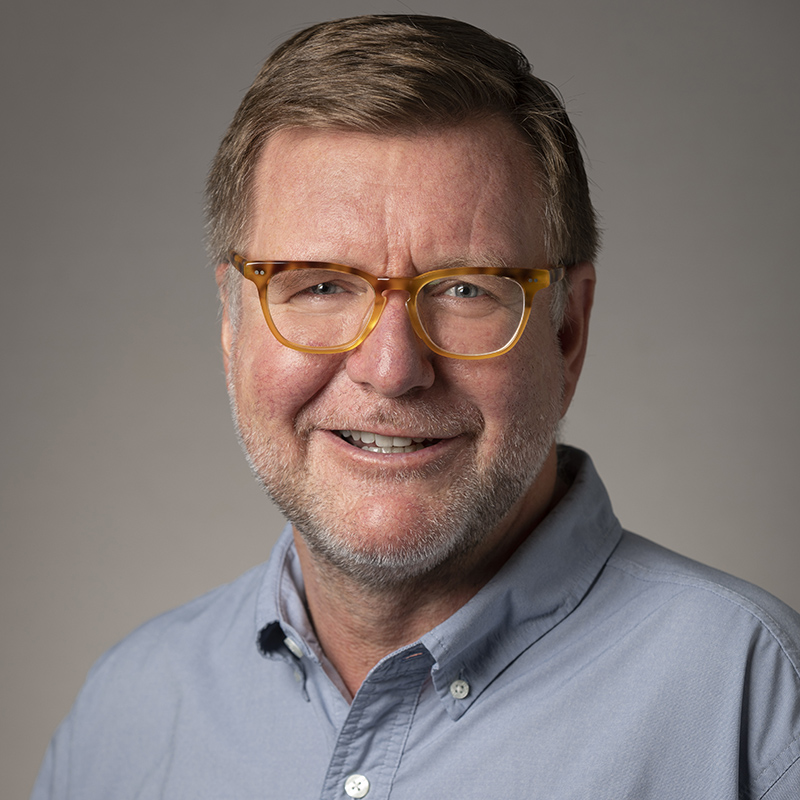Arne Westad

Elihu Professor of History and Global Affairs
Arne Westad is a scholar of modern international and global history, with a specialization in the history of eastern Asia since the 18th century. Originally from Ålesund on the Norwegian coast, he studied history, philosophy, and modern languages in Oslo before doing a graduate degree in US/international history at the University of North Carolina at Chapel Hill. Westad has published 16 books, most of which deal with twentieth century Asian and global history. In the first part of his career, Westad was mainly preoccupied with the history of the Cold War, China-Russia relations, and the history of the Chinese civil war and the Chinese Communist Party. He published two monographs, Cold War and Revolution, which deals with US and Soviet intervention in the Chinese Civil War in 1944-1946, and Decisive Encounters, which is a general history of the Chinese civil war and the Communist victory in the period from 1946 to 1950. He also edited several books on Sino-Soviet and Cold War history topics. Since the mid-2000s, Westad has been concerned with more general aspects of post-colonial and global history, as well as the modern history of China. The three key works from this period are The Global Cold War, which argues for ways of understanding the Soviet-American conflict in light of late- and post-colonial change in Asia, Africa, and the Caribbean; Restless Empire, which discusses broad trends in China’s international history since 1750; and The Cold War: A World History, which summarizes the origins, conduct, and results of the conflict on a global scale. Today Westad is mainly interested in researching histories of empire and imperialism, first and foremost in Asia, but also world-wide. He is also trying to figure out how China’s late twentieth century economic reforms came into being and how their outcomes changed the global economy.
Professor Westad sat down for a Q&A with us in Fall 2019.
Read Full BioQuite a bit later, when I went to graduate school, I decided I should try to make use of some of this for studying Chinese history. That’s also when the materials I wanted to look at were available. It wasn’t quite as easy back in the 70s.
Arriving in Beijing in the midst of all the upheaval, it was not easy. But I found it endlessly interesting, particularly interacting with people who had had these tremendous experiences going through the Cultural Revolution and who were just getting started on the reform period afterward. You could see how people’s minds started to change and to open up.
There are two main lessons that stand out to me. The most important is that when you’re dealing with a situation where there are an enormously large number of weapons of mass destruction that exist on opposing sides within an international system, the only way in which real change can happen is through negotiations. Some form of agreement – not necessarily agreement in terms of what the future will hold—but agreement on how one can deal with the immediate issues that are there. That’s how the Cold War ended. I think that’s a tremendous lesson for our own time. So many people believed that wasn’t possible given the kind of conflict and confrontation that was there. And in the end, it was the only resolution that was possible, because war was not an alternative. The other lesson is to realize that when you’re dealing with countries that have political systems or international orientations that are in conflict with your own, then applying what you can call ‘strategic patience’ is sometimes a really good idea. The idea that on the Soviet side, it would take time for things to change and that they would primarily change from within. That was a key American strategic concept during the Cold War, and I think the same strategic concept is of great use today.
That’s not to say that we shouldn’t be prepared for all eventualities or that we should be accepting of whatever comes out of authoritarian regimes in terms of their behavior. But it probably means that for these countries, change does take time. And trying to force that kind of change, from an American point of view, when you’re dealing with very large countries like China or Russia, is probably not a good idea.